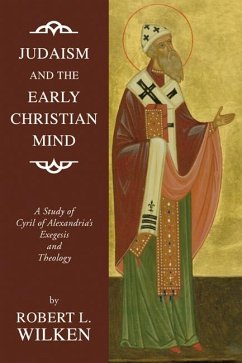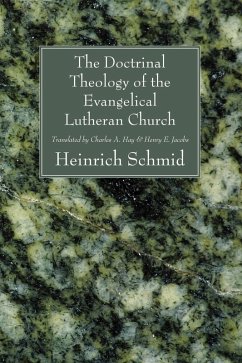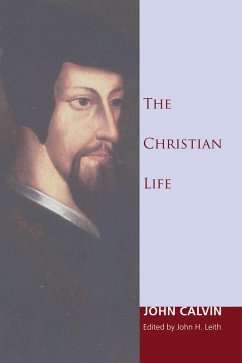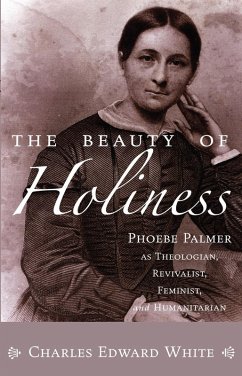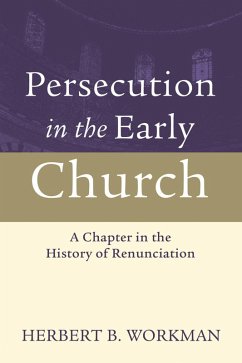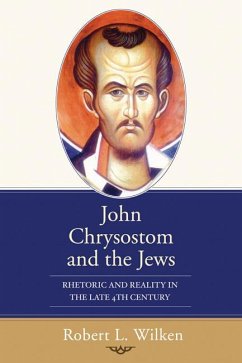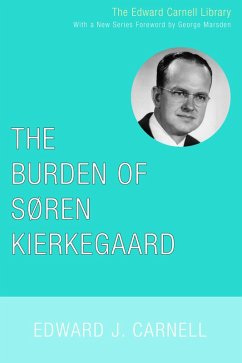
The Burden of Soren Kierkegaard (eBook, PDF)
Versandkostenfrei!
Sofort per Download lieferbar
12,95 €
inkl. MwSt.
Weitere Ausgaben:

PAYBACK Punkte
6 °P sammeln!
Although the wide influence of Soren Kirkegaard's writings upon modern Christian thought is now generally recognized, the insights of the Danish knight of faith have often been misread and misinterpreted by those who seek to canonize their own theologies by appealing to Kierkegaard. The fact that modern Christian thought owes much to Kierkegaard does not mean that modern Christian thought speaks fo Kierkegaard at all points. In this short study, Carnell has allowed Kierkegaard to speak for himself, thus providing a valuable glimpse into the thought of the great Danish philosopher-theologian. R...
Although the wide influence of Soren Kirkegaard's writings upon modern Christian thought is now generally recognized, the insights of the Danish knight of faith have often been misread and misinterpreted by those who seek to canonize their own theologies by appealing to Kierkegaard. The fact that modern Christian thought owes much to Kierkegaard does not mean that modern Christian thought speaks fo Kierkegaard at all points. In this short study, Carnell has allowed Kierkegaard to speak for himself, thus providing a valuable glimpse into the thought of the great Danish philosopher-theologian. Restricting the number of critical comments (including a short closing chapter entitled Yes and No), Carnell has written a short survey of Kierkegaard's thought with generous documentation from his writings. The two major theses which the author discusses are existential living and Truth is subjectivity. He elucidates the latter thesis by explaining the four affirmative elements in Kierkegaard's idea of subjective truth: faith, suffering, hope, and love. Carnell concludes by stating that because Kierkegaard strove to enrich the body of Christ by developing a fresh interpretation of spiritual truth, his books should be read, and read again. This volume will do more than encourage readers to do that; it will help them when they do.
Dieser Download kann aus rechtlichen Gründen nur mit Rechnungsadresse in A, D ausgeliefert werden.





